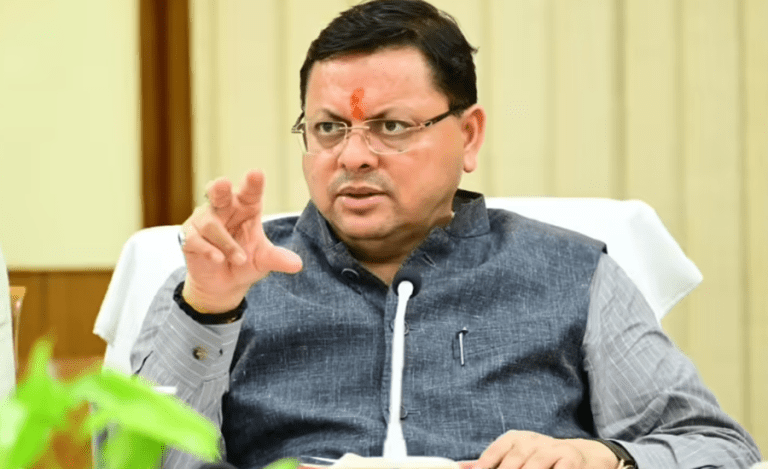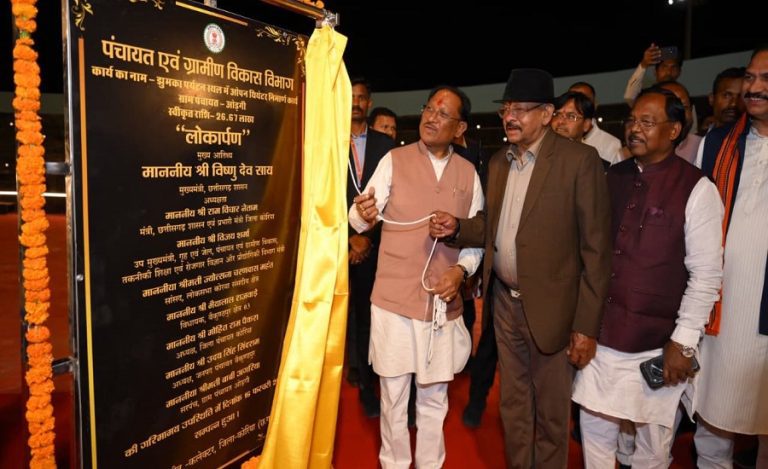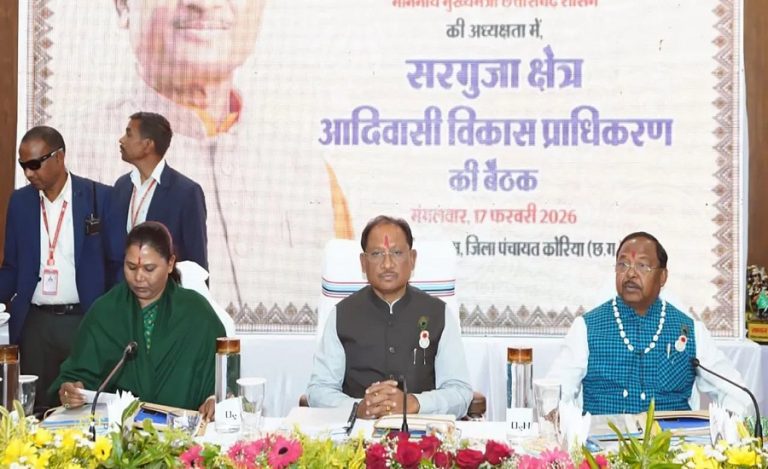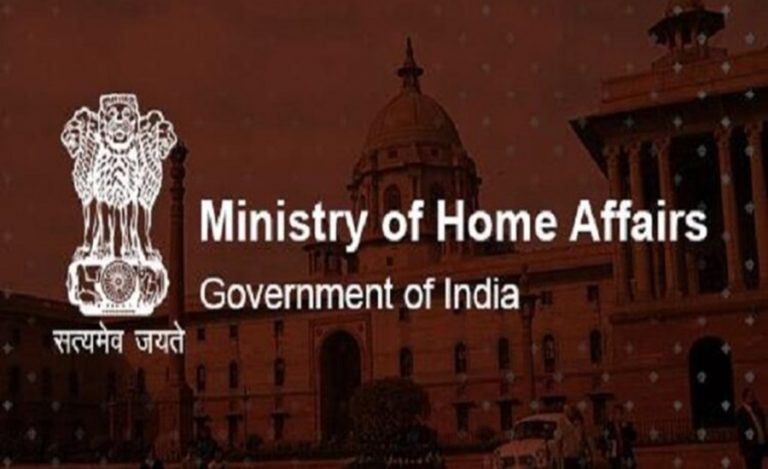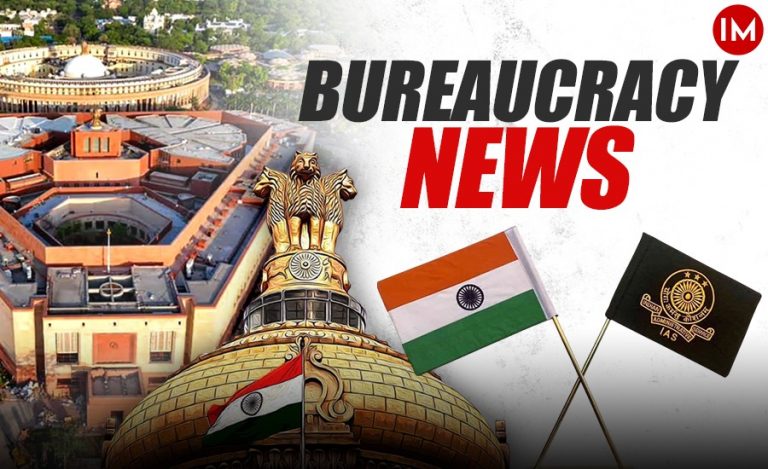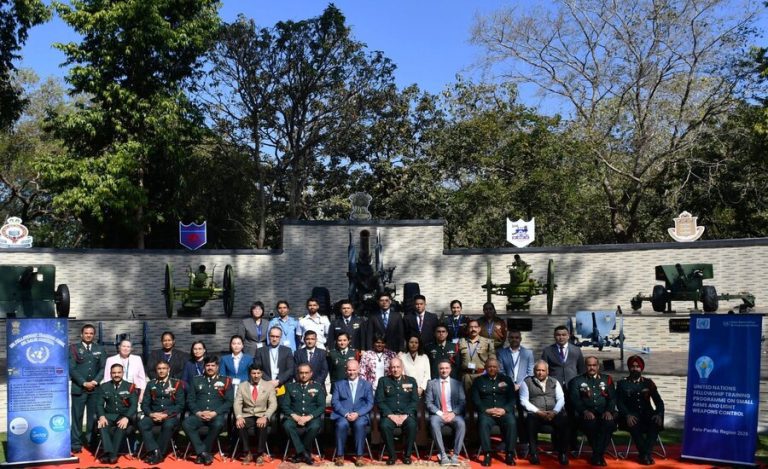Ranchi: The Jharkhand High Court granted another opportunity to the State Government, Central Government, and the Union Public Service Commission (UPSC) to file their responses in connection with the appointment of Director General of Police (DGP) and 1990 batch IPS officer Anurag Gupta, whose elevation is under legal scrutiny.
The court was hearing a Public Interest Litigation (PIL) filed by Leader of Opposition Babulal Marandi, who has termed Gupta’s appointment as unconstitutional and in violation of Supreme Court guidelines. With no responses submitted by the respondents so far, the next hearing is scheduled for July 15.
Allegations of Constitutional Bypass and Political Motives
In his petition, Marandi has alleged that the Jharkhand government violated due process by not involving the UPSC in the appointment of the DGP – a requirement laid down in prior Supreme Court directives.
According to the petition–
- The state framed its own rules in 2025 and allegedly attempted to apply them retrospectively to validate Anurag Gupta’s extension.
- Marandi claims the true objective was to extend Gupta’s tenure, despite his scheduled retirement in April 2025.
He further accuses the government of misusing the police machinery for political ends.
Bench Informed of Parallel Proceedings in Supreme Court
During the hearing, Advocate General appearing for the state informed the division bench – comprising Chief Justice S. Ramchandra Rao and Justice Deepak Roshan – that a related matter is currently pending before the Supreme Court.
This prompted the High Court to defer the matter while still pressing for a reply from the respondents in the interim. The bench made it clear that despite the ongoing apex court proceedings, the respondents must clarify their positions in the current PIL.
Contempt Petition Pending in Supreme Court
Marandi has also moved the Supreme Court with a contempt petition, challenging the constitutional validity of the newly introduced rules under which Gupta was appointed. He argues that these state-framed regulations directly conflict with binding Supreme Court judgments, and that the government has deliberately subverted established legal frameworks.



